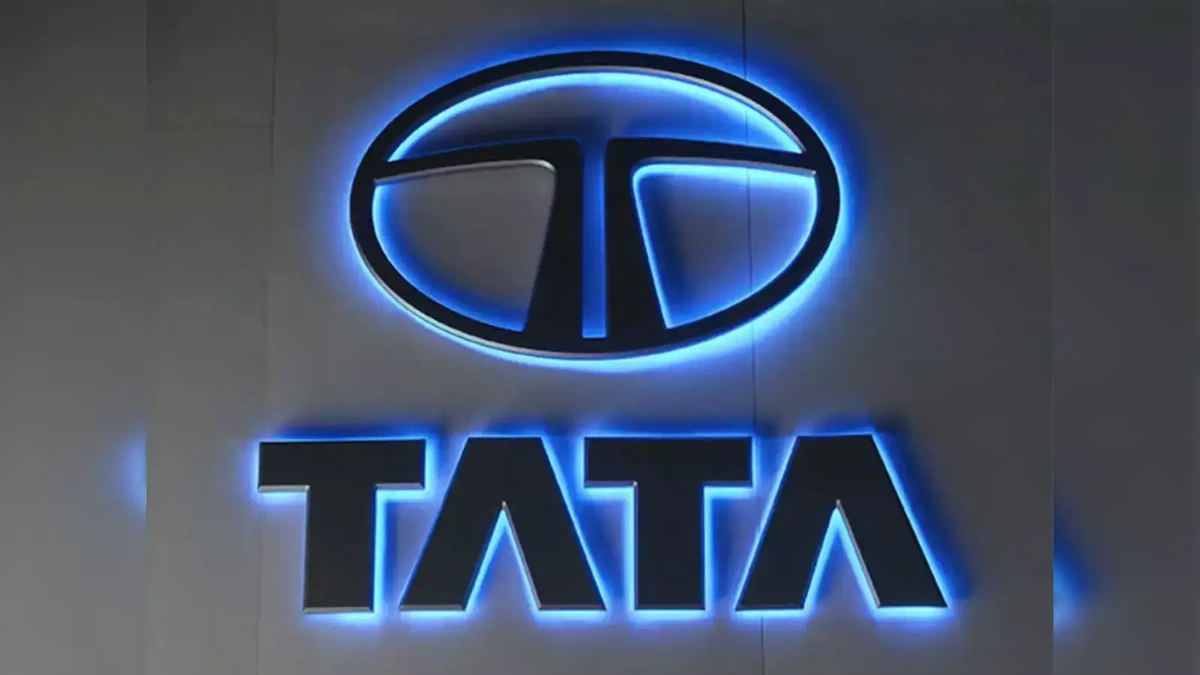Internal Discord at Tata Charity Arm Deemed ‘Unprecedented’ by Trustee
Okay, let’s be honest. When you hear “charity” and “Tata,” you probably think of unwavering philanthropy and a legacy of good. I mean, that’s the brand, right? But what happens when even the most rock-solid foundations show cracks? Recent reports of internal discord within the Tata Trusts – specifically the Tata charity arm – are raising eyebrows and sparking some serious questions. One trustee even called it ‘unprecedented.’ So, what’s really going on behind the scenes? And more importantly, what does this mean for the future of Tata’s philanthropic efforts in India?
The ‘Why’ Behind the Headlines | More Than Just Disagreements

It’s easy to dismiss this as just another boardroom drama, but that would be missing the forest for the trees. Tata charity disagreements are rare, and the fact that they’ve surfaced publicly suggests something significant is at play. But why does this matter to you, the average Indian? Because the Tata Trusts are deeply involved in everything from healthcare and education to rural development. Disruptions at the top can have a trickle-down effect, potentially impacting the lives of millions who depend on these initiatives.
Think about it. These trusts channel billions into projects aimed at uplifting communities. If there’s infighting or disagreements about strategy, that money might not be used as effectively as it could be. It’s like a traffic jam on the highway – even a small hiccup can cause major delays. And these delays translate to real-world consequences for people who need help.
So, what’s causing this internal friction ? Well, reports suggest disagreements over the future direction of the trusts, investment strategies, and even the allocation of funds. Let’s be real: money is almost always at the heart of disagreements.
How Does This Impact Tata’s Legacy of Philanthropy?
The Tata name is synonymous with integrity and social responsibility. This reputation has been built over decades, and any hint of scandal or dysfunction can tarnish that image. Consider the brand equity at stake. It’s not just about money; it’s about trust. And once trust is eroded, it’s incredibly difficult to rebuild. Furthermore, this could set a concerning precedent for corporate governance within other major Indian philanthropic organizations. If disagreements can happen at Tata, where else might similar issues be simmering under the surface?
What fascinates me is how this will impact stakeholder confidence. Will donors still be as eager to contribute if they perceive instability within the trusts? Will the government continue to partner with Tata on key development projects? These are crucial questions that need to be addressed transparently.
Stepping Back | Understanding the Structure of Tata Trusts
To really understand the gravity of the situation, it’s important to know how the Tata Trusts are structured. These aren’t just some random charitable organizations. They are the controlling shareholders of Tata Sons, the holding company of the entire Tata Group. This gives them immense influence over the direction of one of India’s largest conglomerates. This includes major players like Tata Steel, TCS, and Tata Motors.
Now, imagine disagreements at the trust level impacting decisions made by these companies. That’s where things get complicated. While the trusts are meant to operate independently, their close relationship with the Tata Group means that any turmoil within the trusts can have ripple effects across the entire business empire. You can check more details about Tata Sons on Wikipedia . It’s a complex web of interconnected interests, and that’s why this unprecedented trustee statement carries so much weight.
The Role of Ratan Tata and the Future of the Trusts
Ratan Tata’s leadership has been instrumental in shaping the Tata Trusts into what they are today. He’s been the guiding force behind many of their most impactful initiatives. So, any talk of succession challenges or disagreements about the future direction inevitably raises questions about his role and influence. While he has stepped back from active leadership within the Tata Group, his involvement with the trusts remains significant. It’s crucial that the transition process is managed smoothly and that the core values of the trusts are preserved.
The trusts need to ensure that they are adapting to the changing needs of India. This means embracing new technologies, exploring innovative approaches to philanthropy, and fostering greater collaboration with other organizations. A common mistake I see is clinging to outdated models instead of embracing change. The world is evolving, and so must philanthropy.
Moving Forward | Transparency and Accountability Are Key
Ultimately, the Tata Trusts need to address these internal challenges head-on. Transparency is paramount. They need to be open about the disagreements, the steps they are taking to resolve them, and the measures they are putting in place to prevent similar issues from arising in the future. This includes strengthening governance structures, promoting greater diversity of thought, and ensuring that all decisions are made in the best interests of the beneficiaries they serve. As per reports, boardroom disputes have taken place.
And accountability is equally important. The trustees need to be held responsible for their actions, and there needs to be a clear mechanism for addressing any misconduct or breaches of trust. The reputation of the Tata Trusts – and the Tata Group as a whole – depends on it. So , it’s imperative that the trustees prioritize the long-term interests of the organization over any personal agendas or short-term gains.
Here’s the thing: the Tata Trusts have the potential to continue making a profound difference in India for generations to come. But to do so, they need to navigate these challenges with wisdom, integrity, and a unwavering commitment to their founding principles. The legacy of Jamsetji Tata demands nothing less.
You can check more about Charity work in India on trendingtoday .
FAQ Section
What specific types of charitable activities do the Tata Trusts support?
The Tata Trusts engage in a wide array of philanthropic activities across various sectors, including healthcare, education, rural development, arts, culture, and disaster relief. They provide grants, scholarships, and direct support to organizations and individuals working to address critical social and economic challenges in India.
How can the public stay informed about the activities and impact of the Tata Trusts?
The Tata Trusts maintain a website and social media presence where they regularly publish updates on their projects, initiatives, and impact stories. They also release annual reports and financial statements, providing transparency and accountability to their stakeholders. Additionally, media coverage and independent evaluations offer insights into the Trusts’ work.
What measures are in place to ensure the ethical and responsible use of funds within the Tata Trusts?
The Tata Trusts have established governance structures and internal controls to ensure the ethical and responsible use of funds. These include a robust grant-making process, due diligence procedures for partner organizations, regular audits, and oversight by a board of trustees. The Trusts are committed to transparency and accountability in their financial management.
How can individuals or organizations partner with the Tata Trusts to support their philanthropic goals?
The Tata Trusts welcome collaborations with like-minded individuals and organizations who share their commitment to social impact. They offer various partnership opportunities, including grant funding, technical assistance, and joint initiatives. Interested parties can explore the Trusts’ website or contact their program officers to discuss potential collaborations.
You can also check details of IPO Allotment here.













